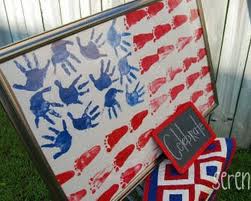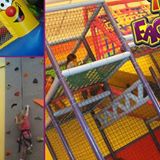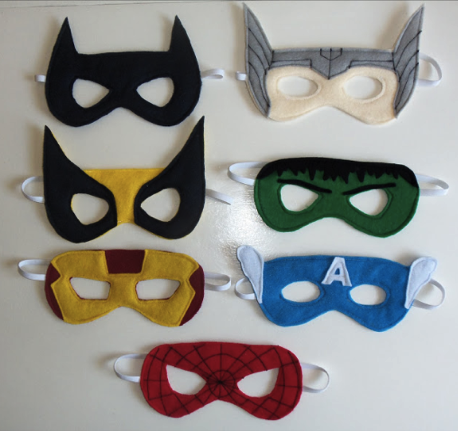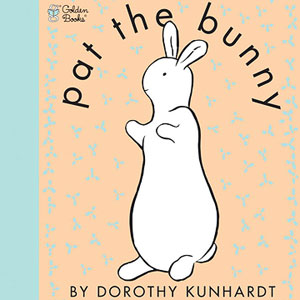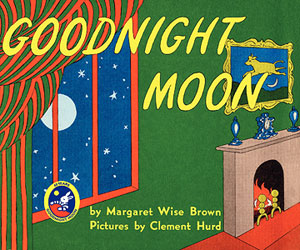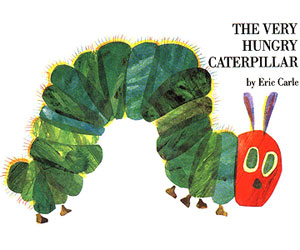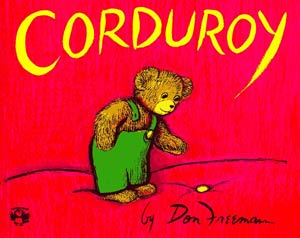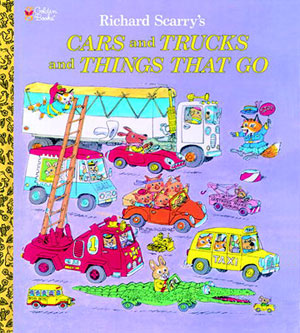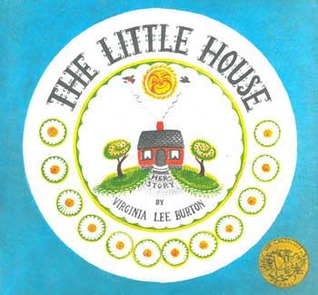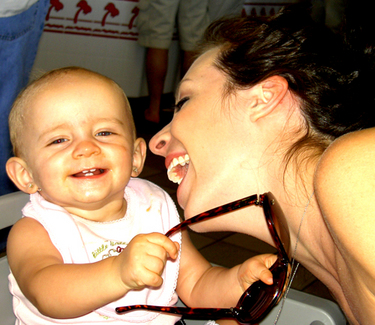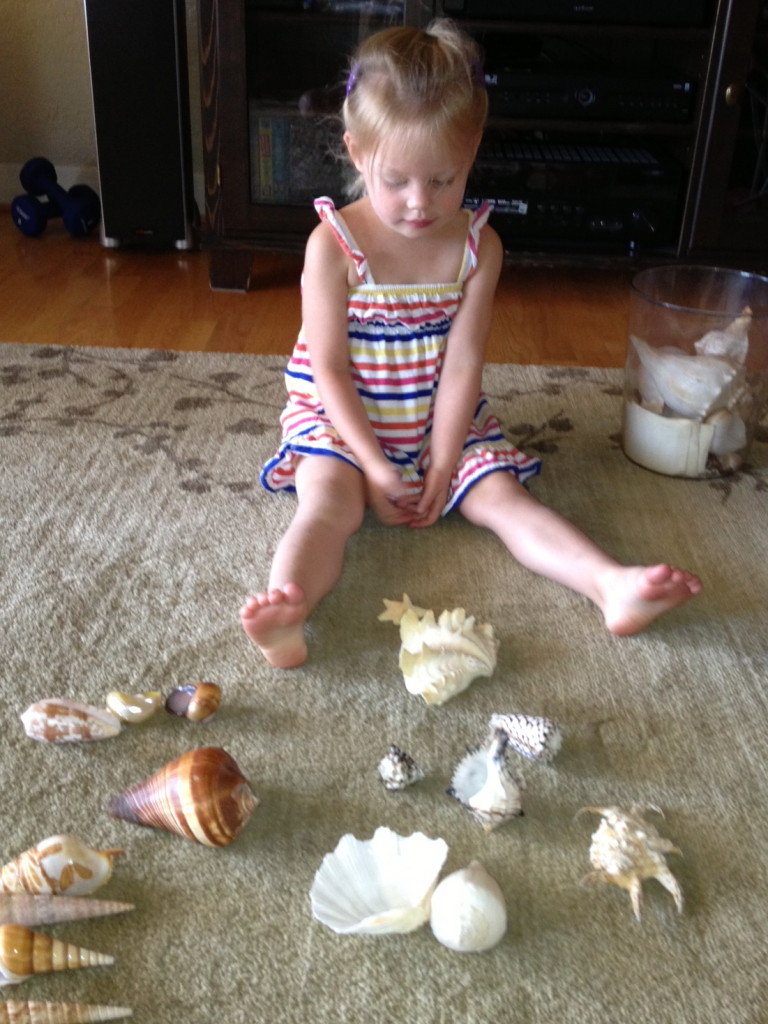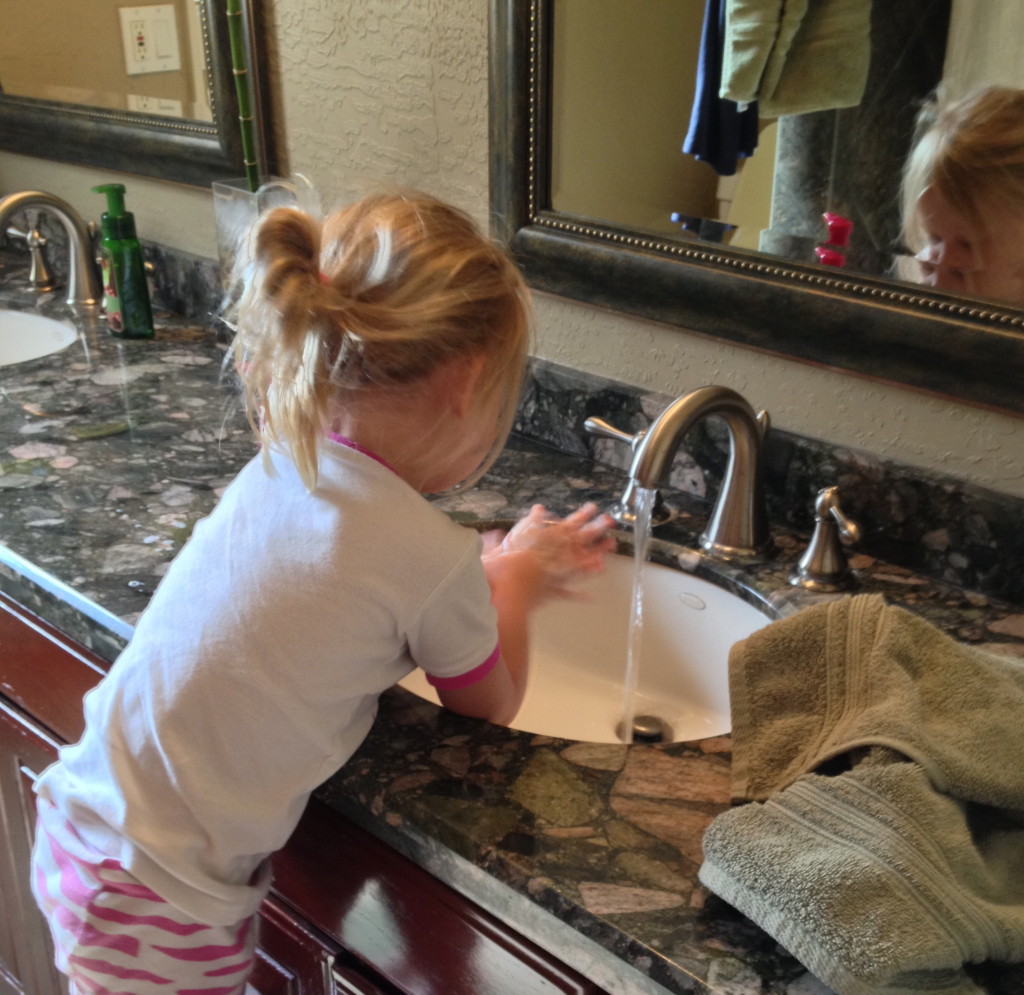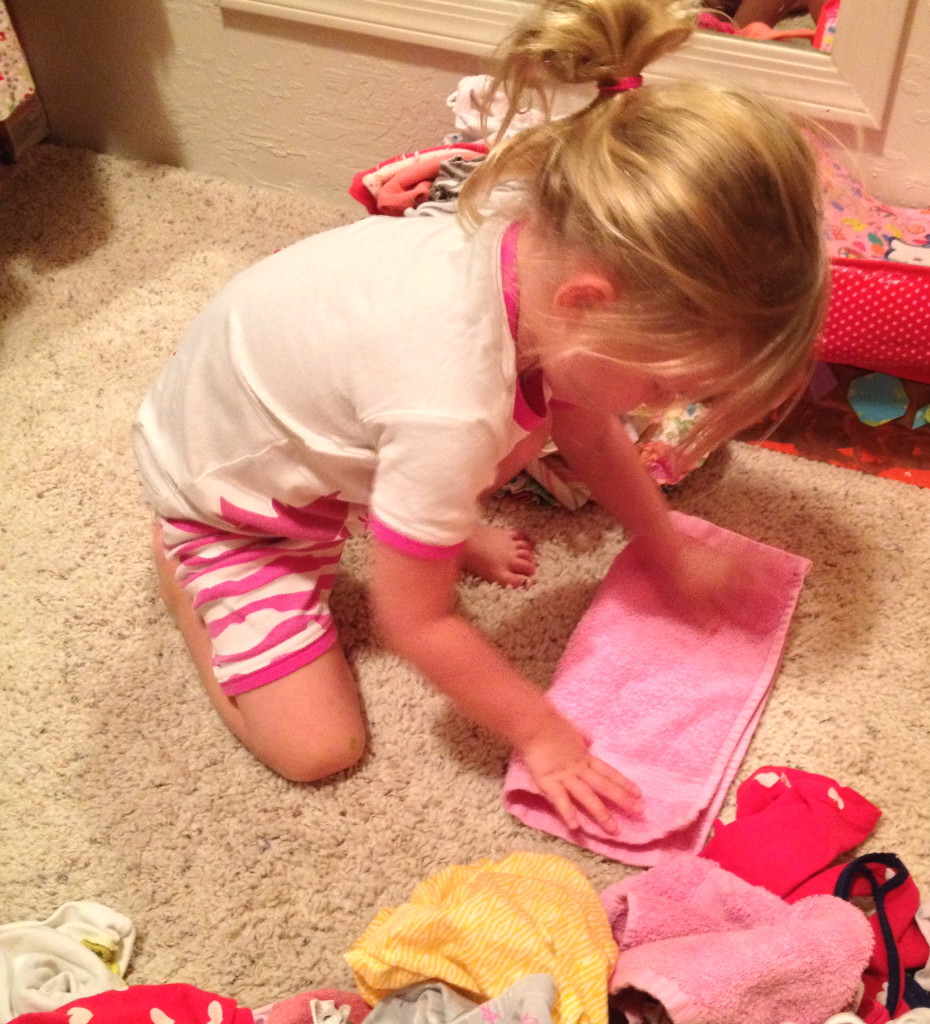Your maternity leave has flown by and no one could have prepared you for the exhilirating and exhausting experiences of these past few months. But how are you feeling about leaving your little one? Guilty? Uncertain? Elated? The exact opposite of how you thought you’d feel?
It’s hard to focus on a new marketing campaign when you’re separated from your little miracle. You’re going to struggle with feelings of doubt, guilt and frustration for the first few weeks. Expect the first month to be a challenge and don’t be too hard on yourself.
Accept that you may have to ‘fake it til you make it’. Half of all new Moms go back to work during their baby’s first year. Moms easily get caught up in guilt over failings in all areas of parenting. In a Working Mother survey, two thirds of all the working moms surveyed felt separation anxiety and guilt. Your baby will be fine, but it may take you a while to adjust. When you return home and see how happy your baby is, your own emotions will calm. If after several months you are still feeling like you’ve made the wrong choice, and you can afford it, ask about moving to part time or having a flexible schedule where you work from home a couple of days a week, or even quit your job.
Here are a few tips to relieve the separation anxiety.
* Put a photo of baby on your desk.
* Ask your caregiver to send you photos and videos and progress reports during the day.
*Don’t call too frequently to check up on baby.
2. Get organized.
* Get yourself to bed no later than 9 pm because you’ll need to get up early.
* Do everything you can the night before, including prepping bottles, showering, laying out clothes, and packing your lunch.
* Practice your routine a few times before the big day, so you’ll be confident and calm.
3. Make it a Team Effort.
* Ask your spouse to take on more duties during this time, or get some extra household help.
* Clearly designate tasks and decide what each of you can handle so you get more sleep and are easier to live with.
* Sleep when the baby sleeps rather than doing an exta set of laundry, or tidying up the kitchen.
* One husband only took off one week when the baby was born and a second week on the first week Mom started back to work. This way all she had to do was get herself to work, and didn’t need to worry about baby. It was also sweet that the two of them had that quality time together.
* Another way to ease back into work is to start mid-week or only work part time the first week.



